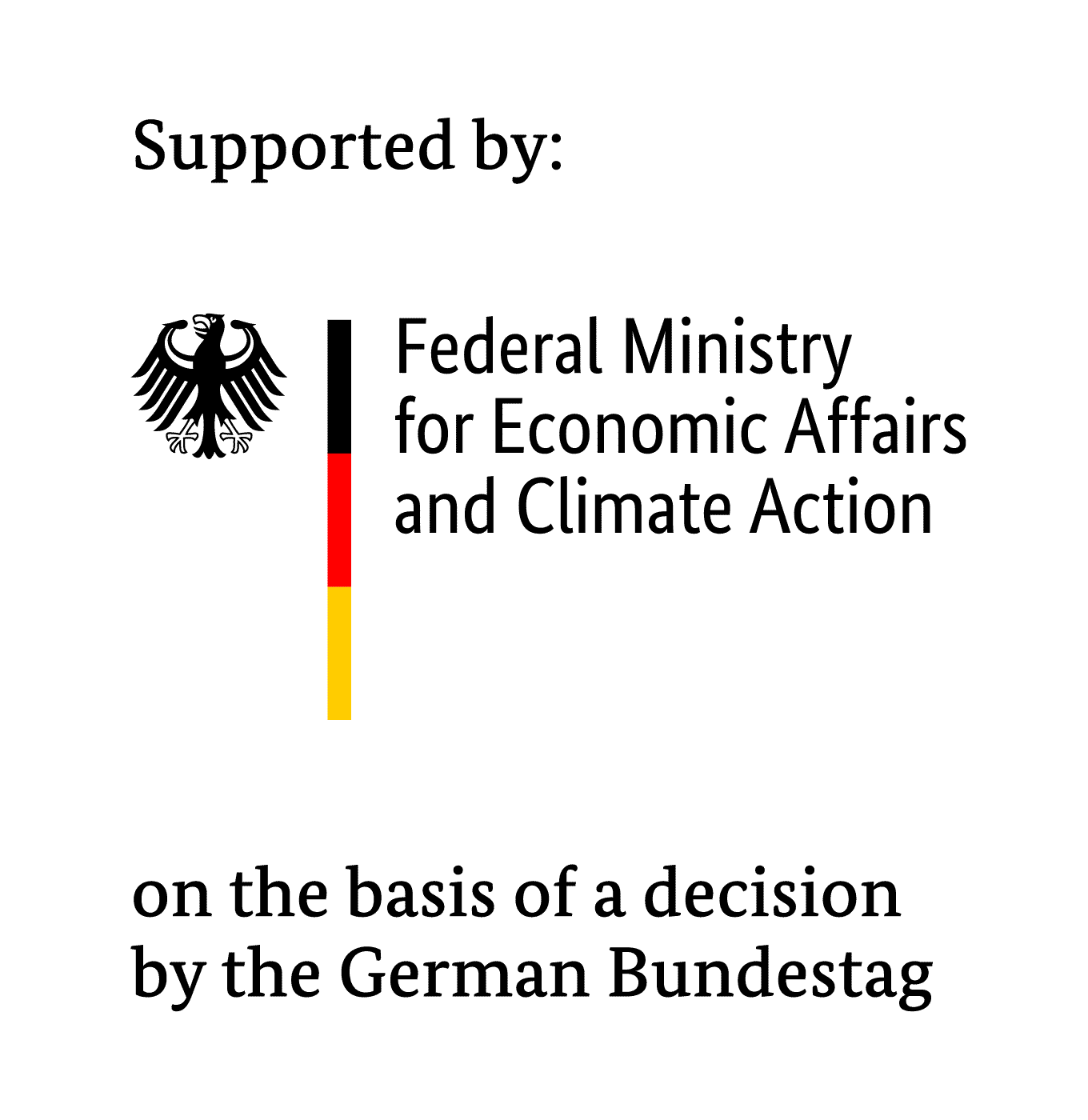Projectname:
AMaranth as source of Omega fatty acids and gluten free grains: Marker-assisted bReeding and cultivar selection to obtain functional healthy oils and raw materials for food-processing (AMOR)
Workgroup: Plant-based foods
Scientific Partners and Guidance:
IGF: 267 EN
Financing: BMWi
Duration: 2020 – 2022
Amaranth grains fulfill the criteria of gluten free and harbour a valuable oil composed of a balanced mix of unsaturated fatty acids. Of special nutritional interest is the Omega 3-fatty acid DHA, which is produced by algae and fungi, but only by few plants. DHA is essential for humans, and has to be taken up through the food chain. Currently, amaranth is hardly cultivated in Germany, and commercial sources originate from Latin America/ Peru with variable and undefined quality and identity. The unique properties of amaranth open perspectives as sources of functional foods, meeting consumer demands in favour of nutritious and healthy products. However, out of ~3000 amaranth accessions in Peru, only major agronomic traits (e.g. yield, growing period) have been assessed and information on their nutritional benefits is largely missing.
This project strives to develop the potential of amaranth as commercial source for functional foods by exploitation of genetic resources and development of suitable oil extraction and stabilization technologies. Partial objectives are to i) characterize the genetic diversity of amaranth to identify promising genotypes with high DHA levels and excellent nutritional profiles, ii) develop molecular markers for marker-assisted breeding, iii) cultivate promising genotypes in field trials evaluating the impact of management and environment on fatty acids and grain quality iv) tailor the oil extraction processes with respect to yield, quality, and stability besides increasing the oil stability with edible oils to increase shelf life.
The identification of promising amaranth varieties in terms of their functional properties can help food manufacturers to open up markets with future potential. Optimal processing of amaranth grains and oils can help to create high-quality oils and raw materials as the basis for efficient food production processes.
Overall the project will improve the application of amaranth as high value ingredient and contribute to expand its consumption. Plant breeders can improve their breeding programs towards cultivars with a shorter time to market and improved properties as functional foods. This will help production chain managers to advice farmers in growing amaranth cultivars demanded by the industry.

The IGF project presented here by the Research Association of the Industrial Association for Food Technology and Packaging (IVLV e.V.) is funded by the Federal Ministry for Economic Affairs and Climate Action as part of the program for the promotion of industrial community research (IGF) based on a decision of the German Bundestag.